Win a free family ticket!
This summer, go on a time-travelling adventure at Butser for the chance to win a free festival family ticket! Explore the ancient past, learn skills you’d need to thrive, put your knowledge to the test, and enter our competition to find who’d fare the best. The winner will receive a free family ticket to our festive Midwinter Quest, where you’ll be whisked away on a magical journey through winter folklore.
Read on to see how to enter the competition!
Time-travelling adventures this summer
Get in your time machine and discover how you’d get on in the ancient past! Can you find all five secret symbols scattered through time?
Report for duty as a time traveller to collect your Time Passport and start your adventure… Fill out your passport as you learn ancient skills, explore the past, and go digging for archaeology to put your knowledge to the test.
FREE ACTIVITIES EVERY DAY!
Get hands-on and learn eight new skills over the summer in free hands-on workshops for kids and adults alike.
Every day: Go digging for archaeology 📿
Mondays: Create chalk art using flint 🎨
Tuesdays: Make an ancient sun disk pendant ☀️
Wednesdays: Learn to spin wool 🧶
Thursdays: Weave willow stars ✨
Fridays: Learn to braid the Viking way 🪢
Saturdays: Have-a-go pottery 🏺
Sundays: Make ancient rope from grass 🌾
Visiting more than once? With our summer 20% discount on annual passes, they’re cheaper than two trips!
Win a festive family ticket
We’re giving away a free family ticket to Midwinter’s Quest! This Christmas, swap Santa’s grotto for the firelit den of the Deer Queen, or the evergreen hall of the Holly King, and go on a magical adventure through festive folklore.
Here’s how to enter:
Join us any day during the summer, and start filling out your Time Travel passport
Complete your passport by having a go at ancient skills — you can join us for free drop-in workshops, or have a go at home
Show us a photo of your completed passport on Facebook or Instagram. Don’t forget to tag us and use the hashtag #ButserSummer to be sure we see!
We’ll enter you into a prize draw for the family ticket, and announce the winner on social media
TIP: If you include a picture of you at Butser or having a go at any of the activities, we’ll enter you into the prize draw twice — that’s twice as many chances to win!
We look forward to travelling through time with you! Terms & conditions apply.













